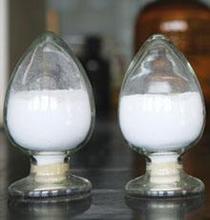| Message: | what is the Vitamin K ?generic descriptor for compounds with the biologic activity of phylloquinone; fat-soluble, thermostable compounds found in alfalfa, pork, liver, fish meal, and vegetable oils, essential for the formation of normal amounts of prothrombin.About Vitamin KFunctionVitamin K is known as the clotting vitamin, because without it blood would not clot. Some studies suggest that it helps maintain strong bones in the elderly.Food SourcesThe best way to get the daily requirement of vitamin K is by eating food sources. Vitamin K is found in the following foods:Green leafy vegetables, such as kale, spinach, turnip greens, collards, Swiss chard, mustard greens, parsley, romaine, and green leaf lettuceVegetables such as Brussels sprouts, broccoli, cauliflower, and cabbageFish, liver, meat, eggs, and cereals (contain smaller amounts)Vitamin K is also made by the bacteria that line the gastrointestinal tract.Side Effects of Vitamin KVitamin K deficiency is very rare. It occurs when the body can't properly absorb the vitamin from the intestinal tract. Vitamin K deficiency can also occur after long-term treatment with antibiotics.People with vitamin K deficiency are usually more likely to have bruising and bleeding.If you take blood thinning drugs (such as anticoagulant/antiplatelet drugs), you may need to limit vitamin K foods. You should know that vitamin K or foods containing vitamin K can affect how these drugs work.It is important for you to keep vitamin K levels in your blood about the same from day to day. Ask your health care provider how much vitamin K-containing foods you should eat. url:http://www.chinaebio.com |
 my account
my account
 log out
log out
 my account
my account
 log out
log out
